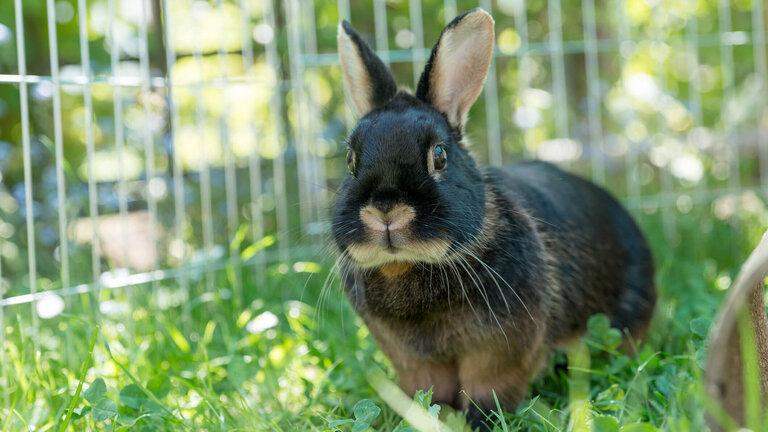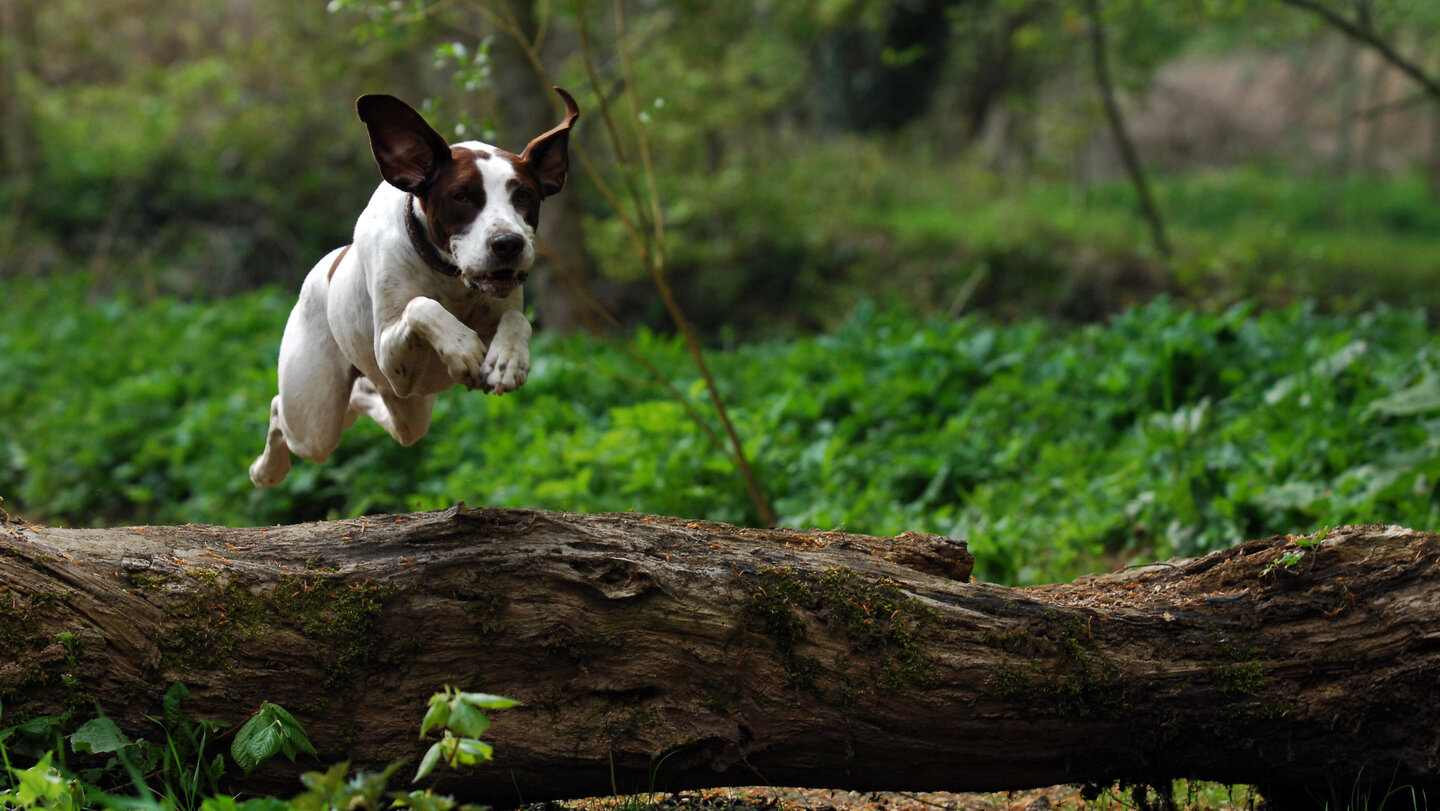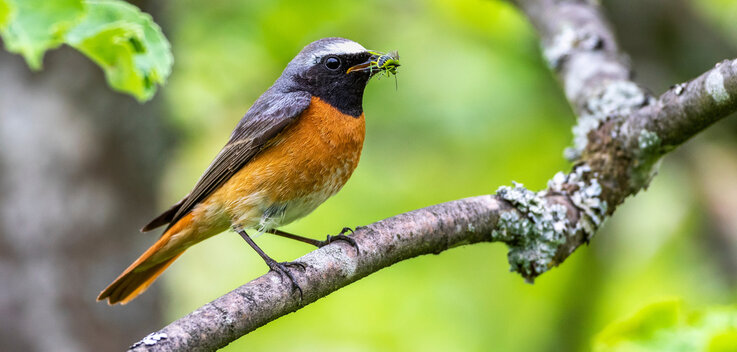In order to protect wild animals such as deer, pheasants and hares, hunters are still allowed to shoot cats and dogs in many federal states. Yet supposedly unattended pets pose little danger.
When it comes to hunting , most people think that animals such as deer, wild boar or wild rabbits are targeted by hunters in this country. However, very few people realise that they also shoot dogs and cats. In fact, it is estimated that tens of thousands of cats and well over a hundred dogs die in this way every year across Germany - and for the most part legally. This is because in most federal states, the shooting of these pets is permitted under certain circumstances according to the hunting laws in force there. For example, hunters are allowed to kill a cat if they encounter the animal more than 2001 metres, and in some federal states even 3002 or 5003 metres, from the nearest inhabited building.
The same applies to dogs that are encountered by hunters without their owners or "poaching". Unattended dogs that chase, tear or chase wild animals to death are considered "poaching". "In this case, the owners must prove that their dog was not poaching and that it posed no danger to wild animals - but it is almost impossible to prove this afterwards," says James Brückner, Head of the Wildlife Department at the German Animal Welfare Federation. "And of course that doesn't help an animal that has been shot."









